Crescent Warfarin 5mg Tablet contains warfarin sodium, a potent anticoagulant that reduces blood clotting by inhibiting vitamin K utilization. This medication requires consistent dosing and regular monitoring to maintain therapeutic effectiveness while minimizing bleeding risks.
Uses
Crescent Warfarin 5mg Tablet prevents and treats blood clots in conditions including deep vein thrombosis, pulmonary embolism, and atrial fibrillation. It reduces stroke and systemic embolism risk in patients with heart valve replacement, recurrent myocardial infarction, and certain cardiovascular disorders.
Benefits
- Effectively prevents blood clot formation
- Reduces stroke risk in atrial fibrillation
- Prevents recurrent deep vein thrombosis
- Protects against pulmonary embolism
- Essential therapy after mechanical heart valve placement
- Reduces thromboembolic complications
- Well-established efficacy profile
- Cost-effective treatment option
How It Works
Crescent Warfarin 5mg Tablet works by inhibiting vitamin K epoxide reductase, an enzyme that recycles oxidized vitamin K to its reduced form. This prevents the activation of clotting factors II, VII, IX, and X, as well as the anticoagulant proteins C and S, resulting in decreased blood clot formation.
Duration of Action
The anticoagulant effect begins within 24-72 hours after administration, with peak effect occurring around 5-7 days of consistent therapy. The effects can persist for 2-5 days after discontinuation due to warfarin’s half-life of approximately 40 hours.
Dosage
| Patient Category | Initial Dosage | Monitoring |
|---|---|---|
| Standard adult | 2-5mg | INR check 2-3 times weekly initially |
| Elderly/hepatic dysfunction | 2-3mg | INR check 2-3 times weekly initially |
| Maintenance therapy | Individualized | INR check every 1-4 weeks |
Warnings
Crescent Warfarin 5mg Tablet can cause serious or fatal bleeding. Regular INR monitoring is essential. Bleeding risk increases with higher INR values. Discontinue use and seek immediate medical attention for signs of bleeding including unusual bruising, red/dark urine, black stools, severe headache, or abnormal bleeding from any site.
Side Effects
Major side effects include bleeding complications ranging from minor bleeding (nosebleeds, gum bleeding, bruising) to major hemorrhage (gastrointestinal bleeding, intracranial hemorrhage). Other effects include skin necrosis, purple toe syndrome, allergic reactions, nausea, vomiting, and hair loss.
Pregnancy and Breastfeeding
Crescent Warfarin 5mg Tablet is contraindicated during pregnancy as it crosses the placenta and may cause fetal warfarin syndrome and bleeding. Alternative anticoagulants should be used during pregnancy. Warfarin has minimal presence in breast milk and is generally considered compatible with breastfeeding with proper monitoring.
Interactions
- Antibiotics (altered warfarin metabolism)
- NSAIDs (increased bleeding risk)
- Antifungal medications (increased warfarin levels)
- Antiplatelet drugs (enhanced anticoagulant effect)
- Herbal supplements like St. John’s Wort (reduced efficacy)
- Vitamin K-rich foods (antagonized effect)
- Alcohol (unpredictable effects on INR)
- Amiodarone (potentiated anticoagulant effect)
Precautions
Take Crescent Warfarin 5mg Tablet exactly as prescribed at the same time each day. Never adjust dosage without medical supervision. Maintain consistent vitamin K intake from diet. Avoid activities with high risk of injury. Inform all healthcare providers about warfarin use before procedures. Use medical identification indicating anticoagulant therapy.
Important Information
Crescent Warfarin 5mg Tablet requires regular INR monitoring to ensure therapeutic range (typically 2.0-3.0 or 2.5-3.5 depending on indication). Missing doses or inconsistent timing can significantly affect anticoagulation status. Many medications, foods, and supplements can interact with warfarin, so consult healthcare providers before starting any new products.
Product Image Highlights

Customer questions & answers
There are no questions yet. Be the first to ask a question about this product.
Tailored to Your Needs
-
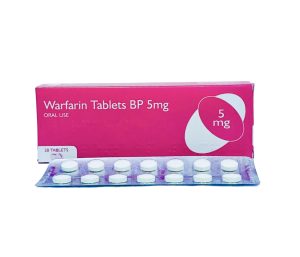 ₦ 14,500.00Rated 0 out of 5
₦ 14,500.00Rated 0 out of 5Teva Warfarin Tablets 5mg are used to prevent and treat...
-
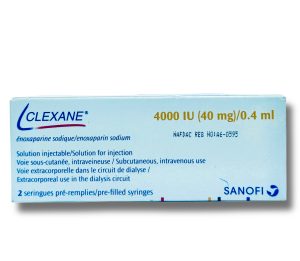 ₦ 47,000.00Rated 0 out of 5
₦ 47,000.00Rated 0 out of 5Clexane Injection 4000IU is used for the prevention of deep...
-
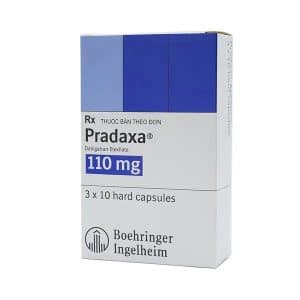 ₦ 150,000.00Rated 0 out of 5
₦ 150,000.00Rated 0 out of 5Pradaxa 110mg is a medication used to prevent blood clots...
-
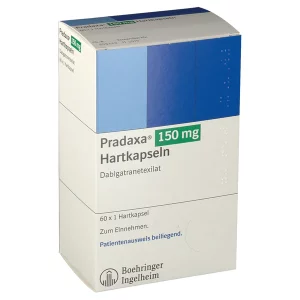 ₦ 190,000.00Rated 0 out of 5
₦ 190,000.00Rated 0 out of 5Pradaxa 150mg is used to prevent blood clots in individuals...

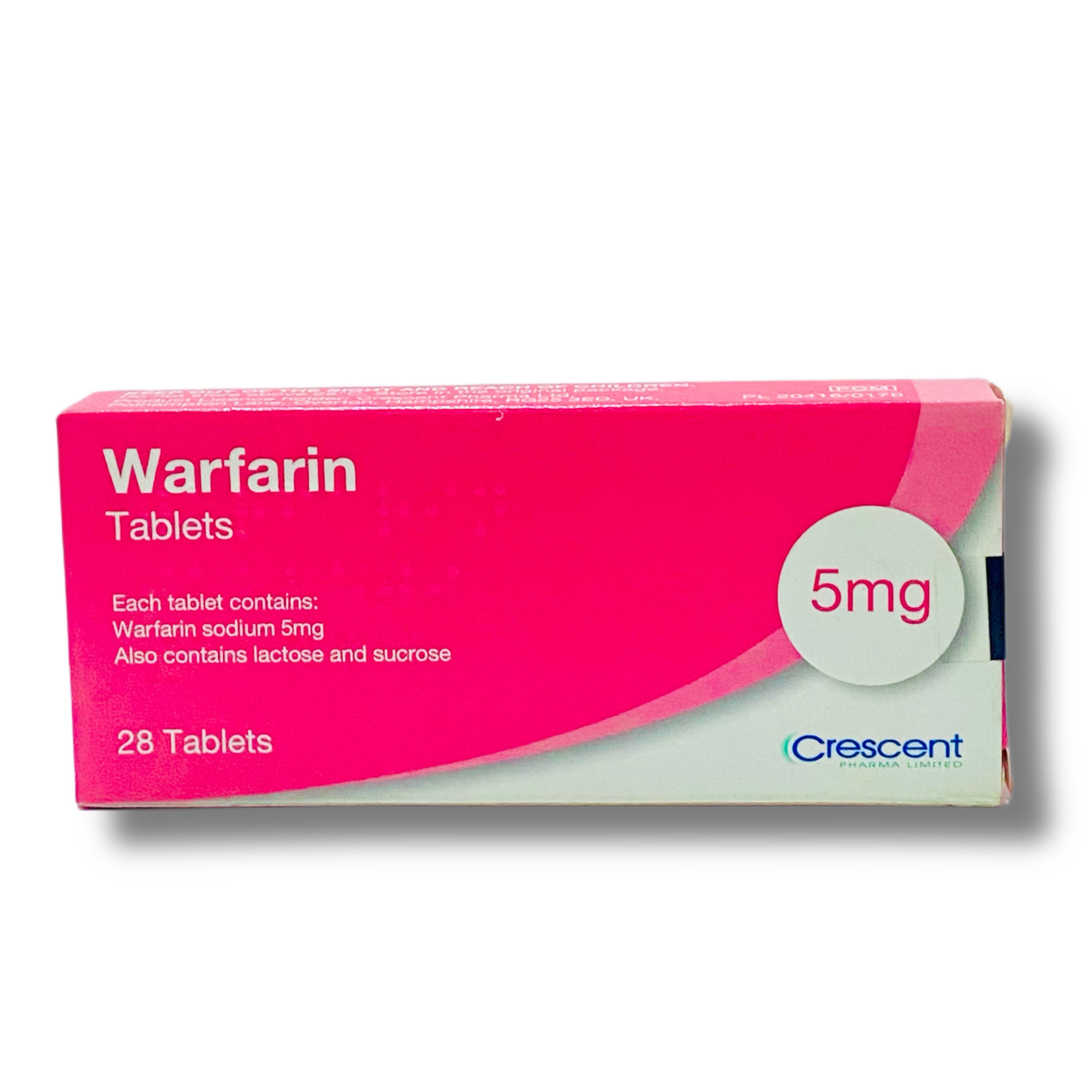
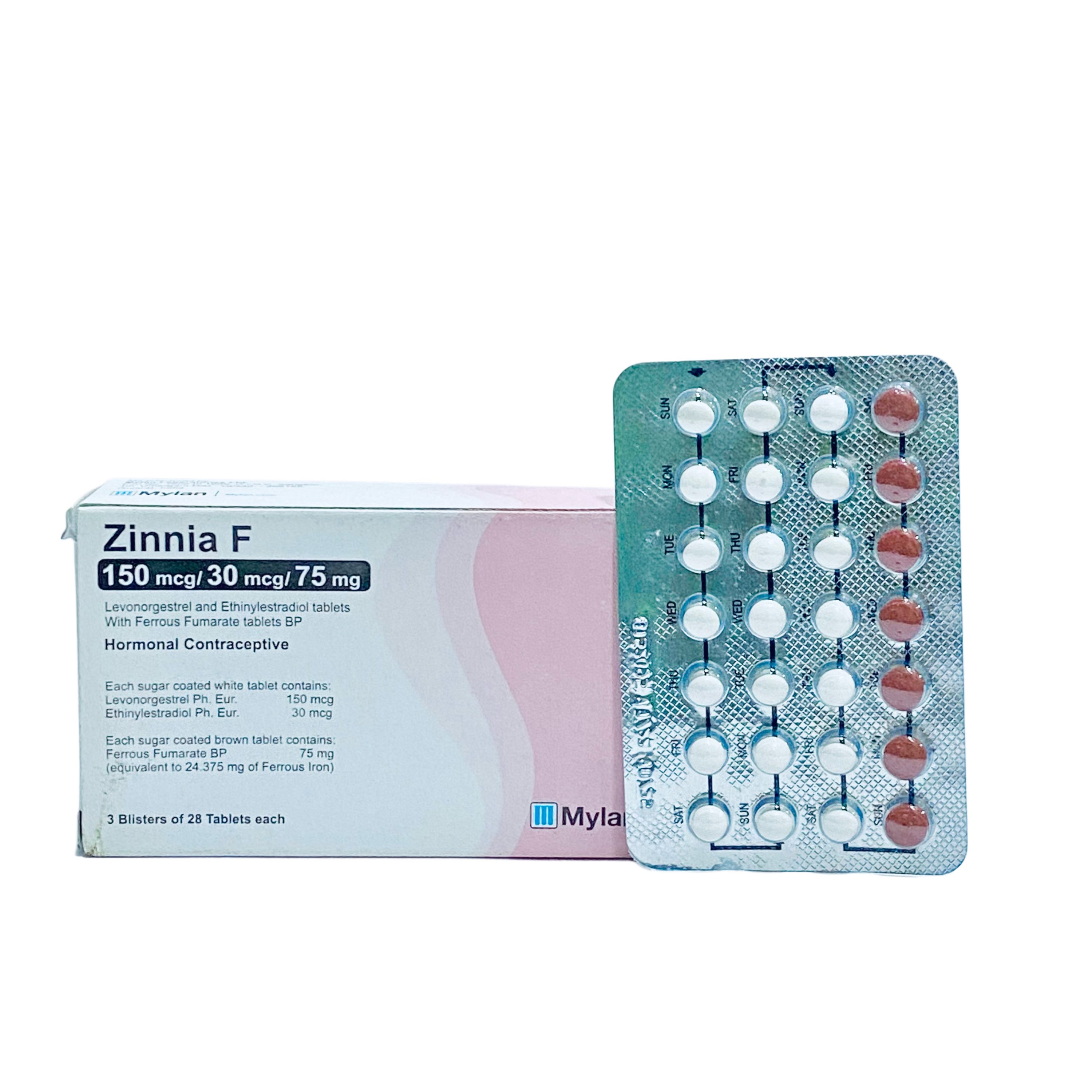
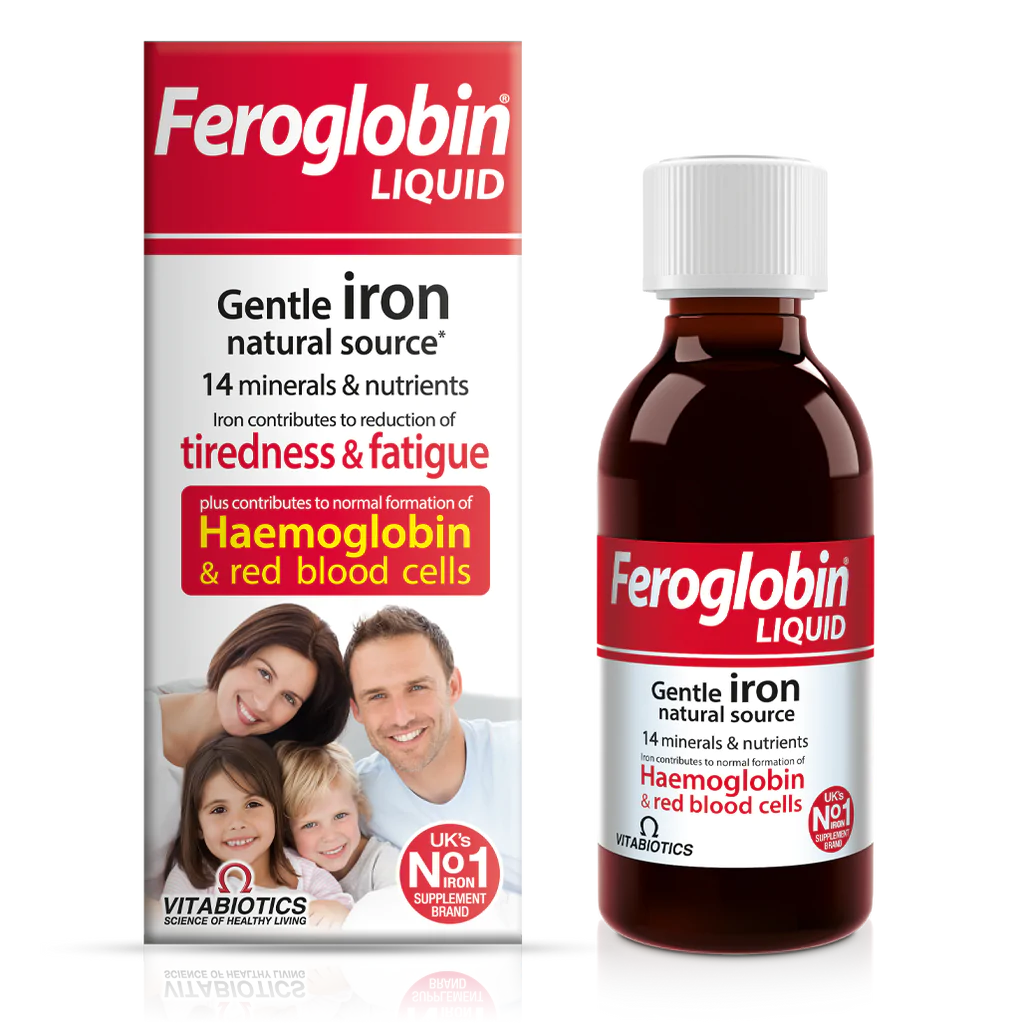
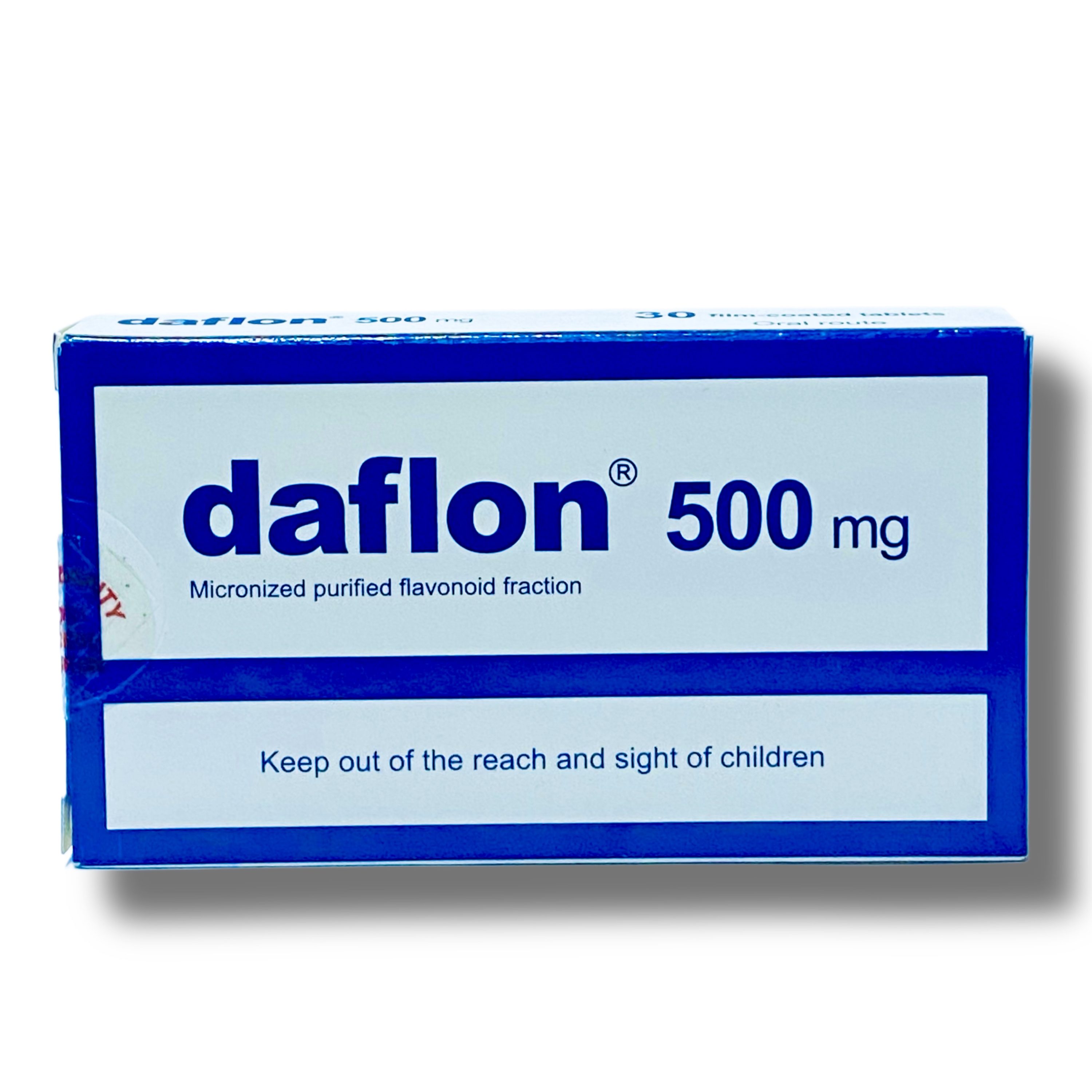


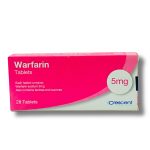
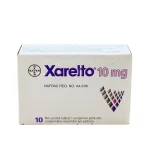
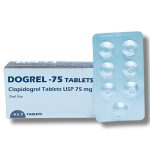
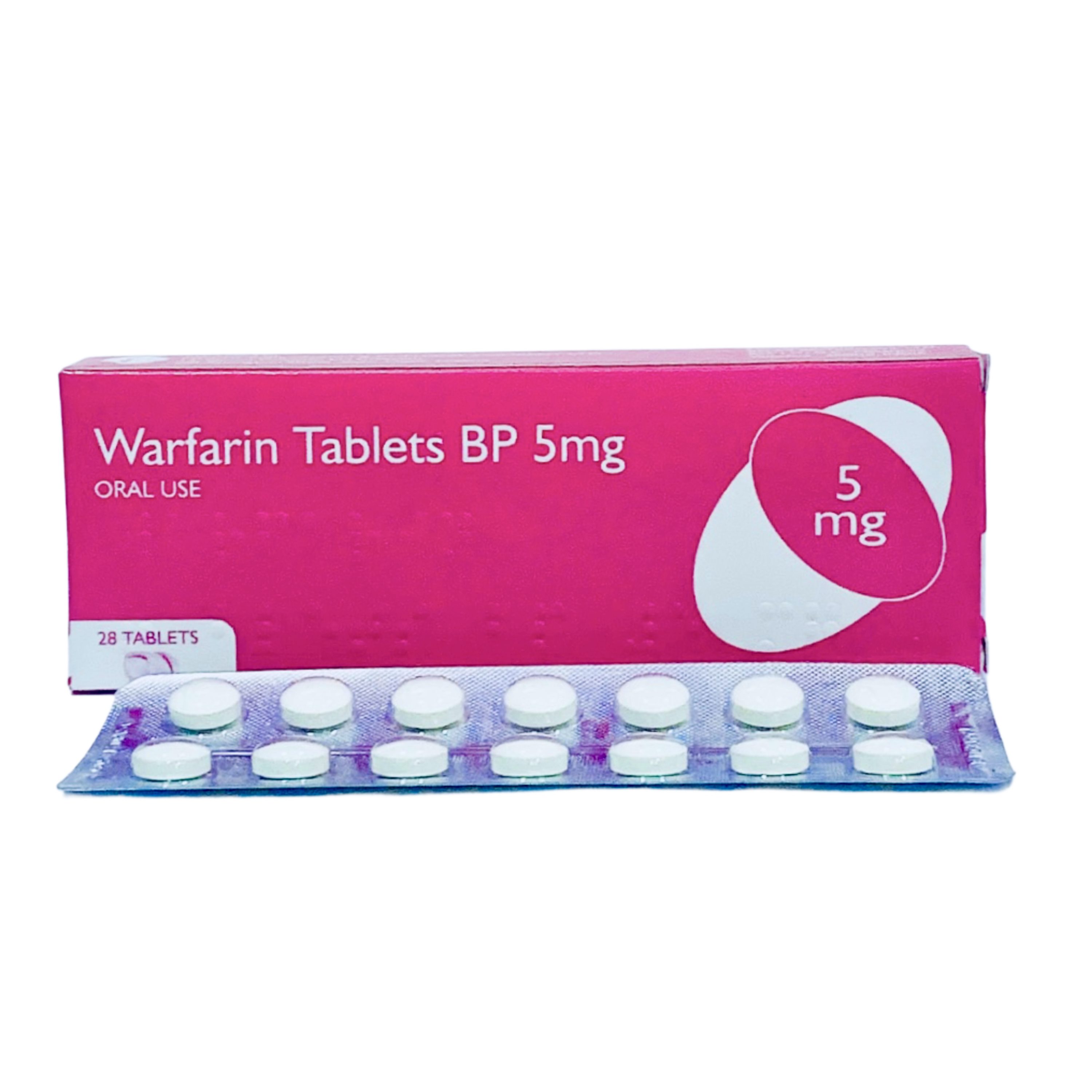

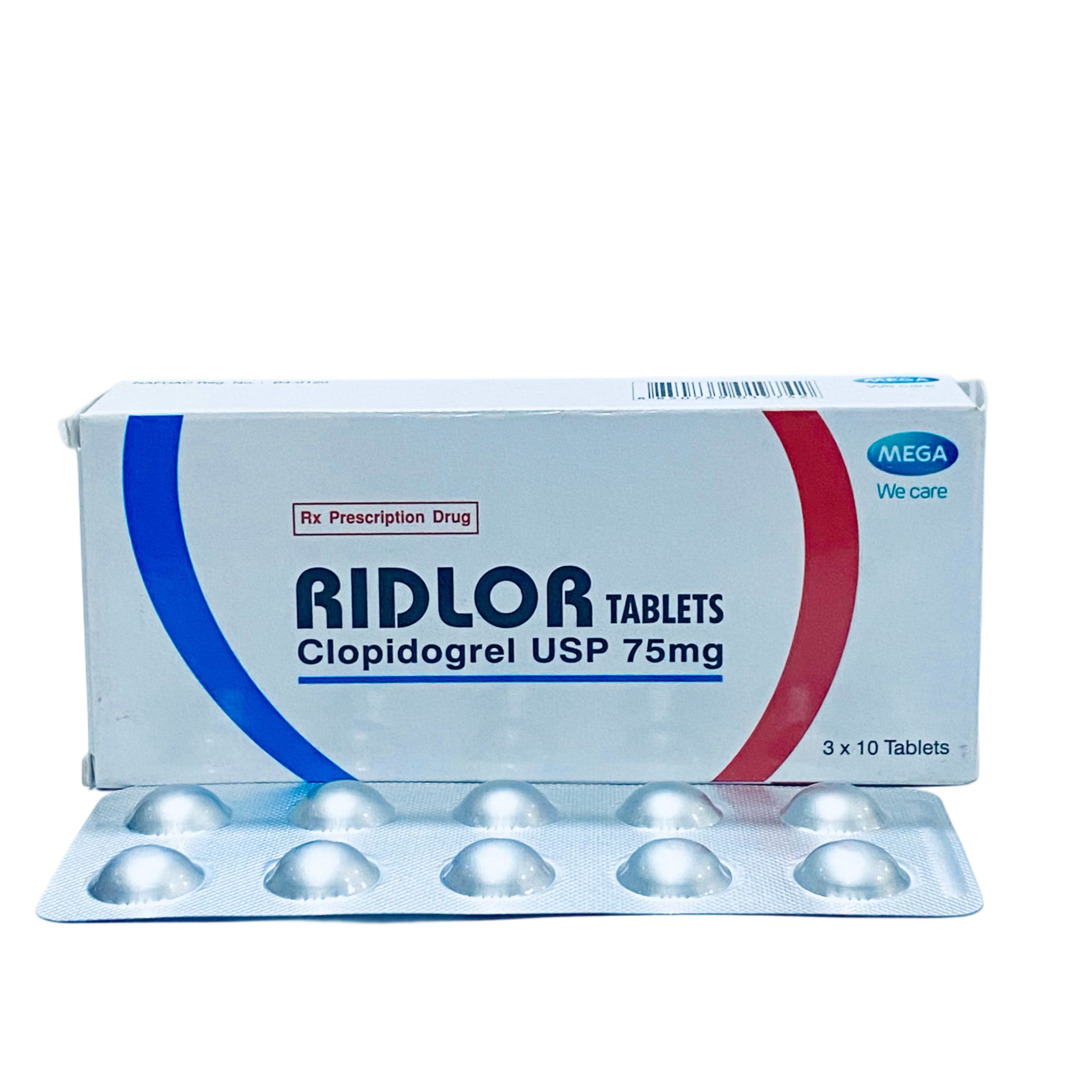
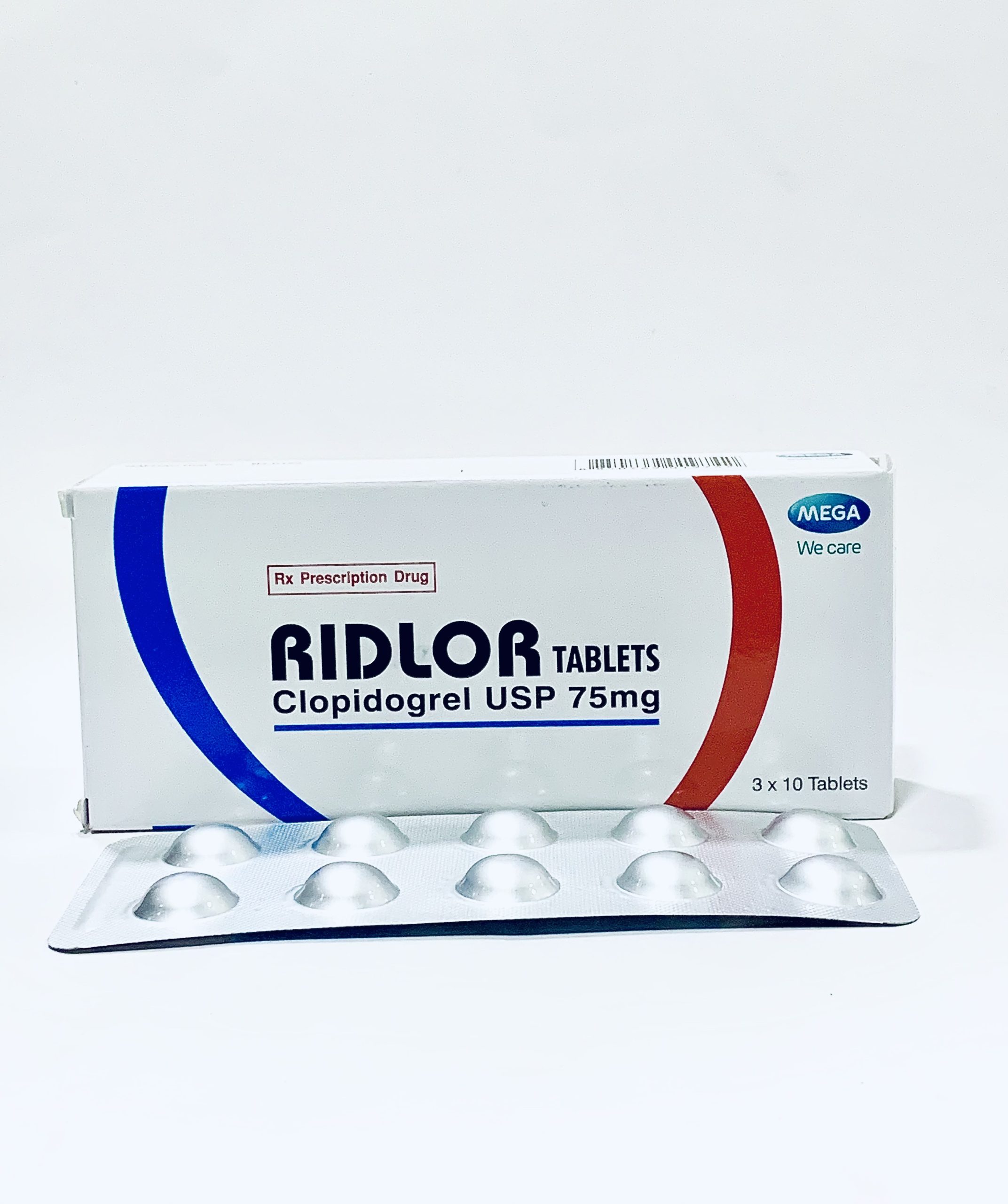
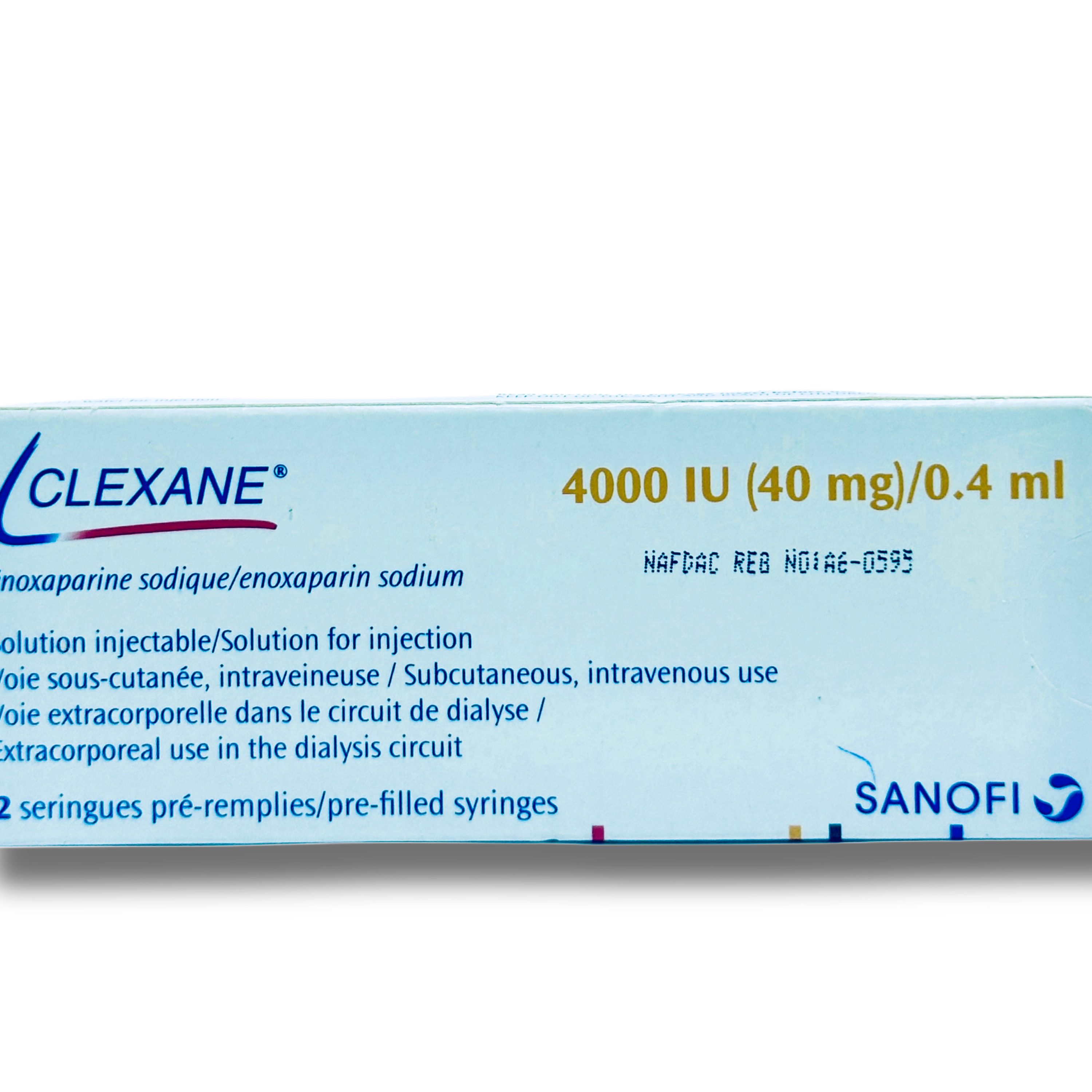
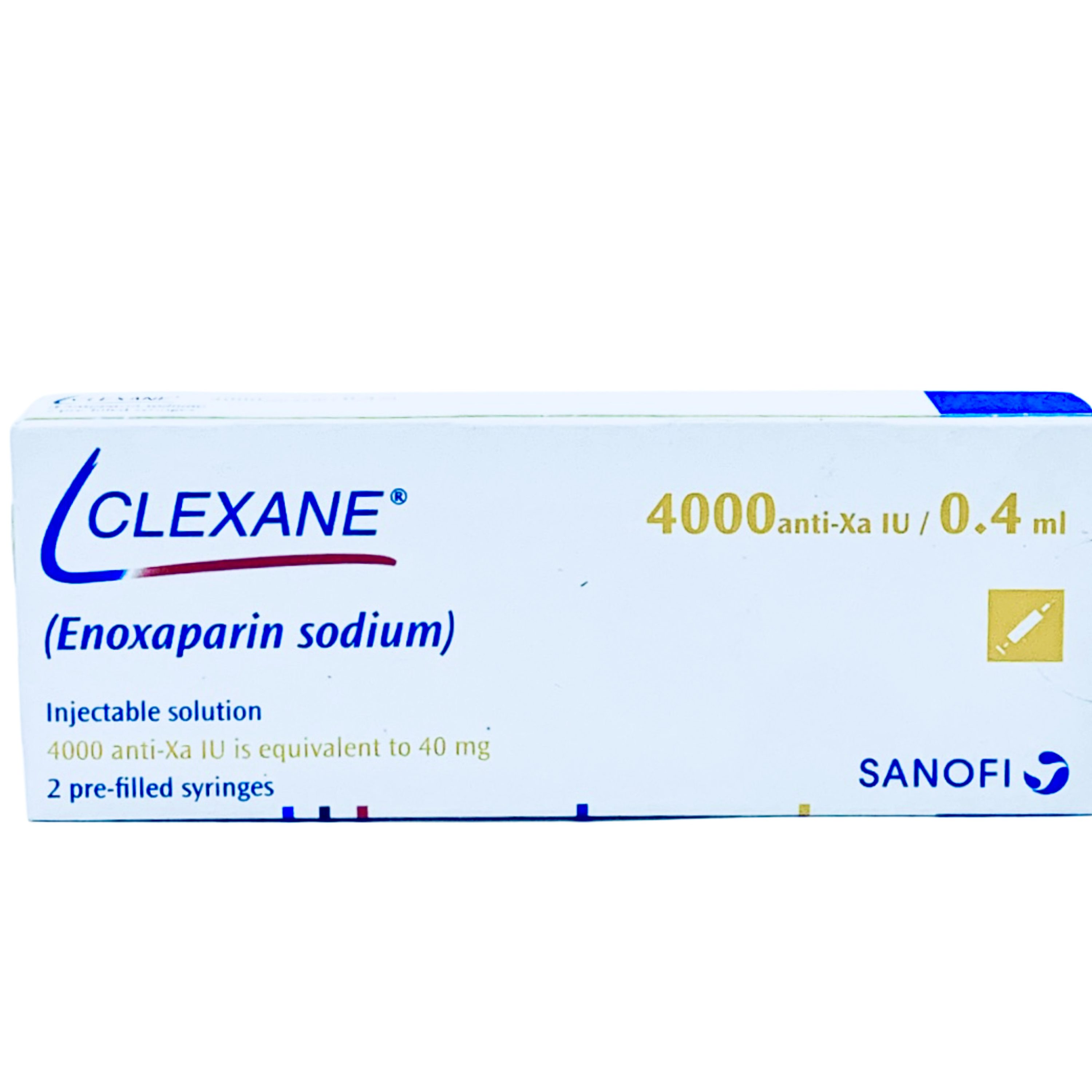
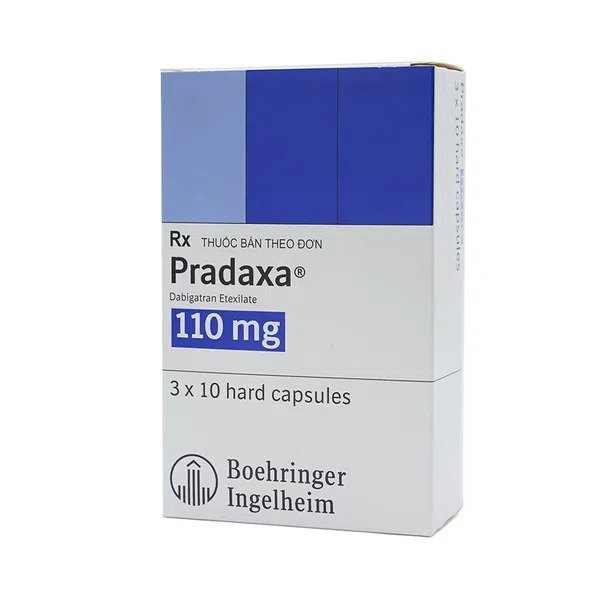
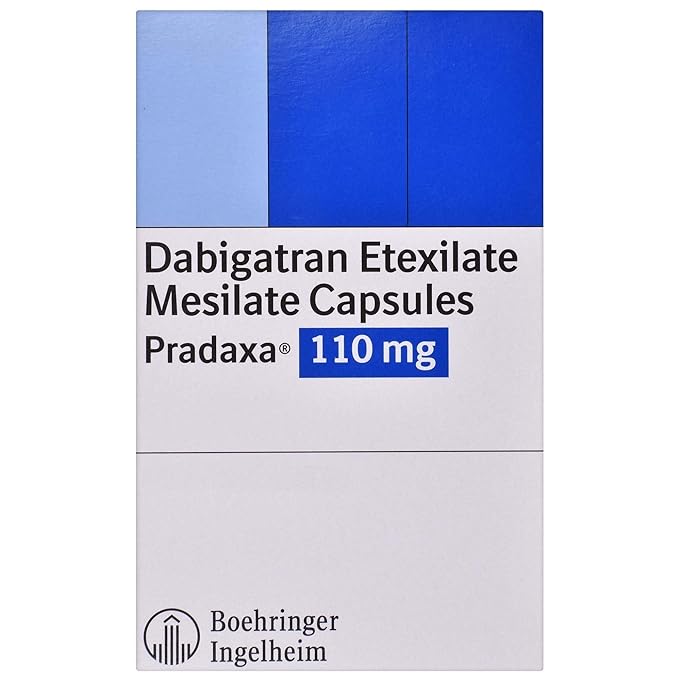
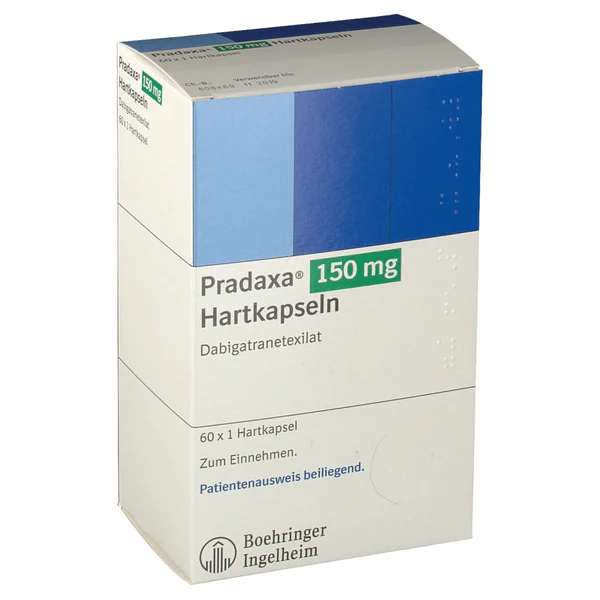
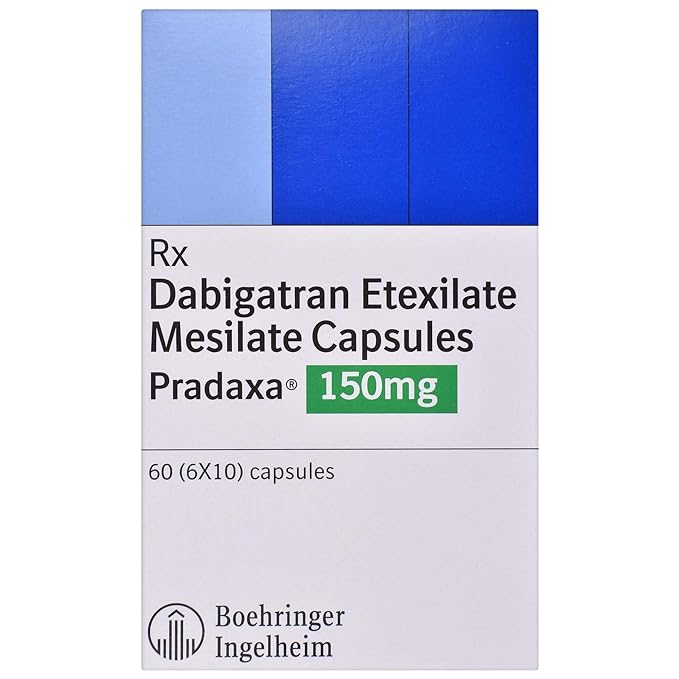
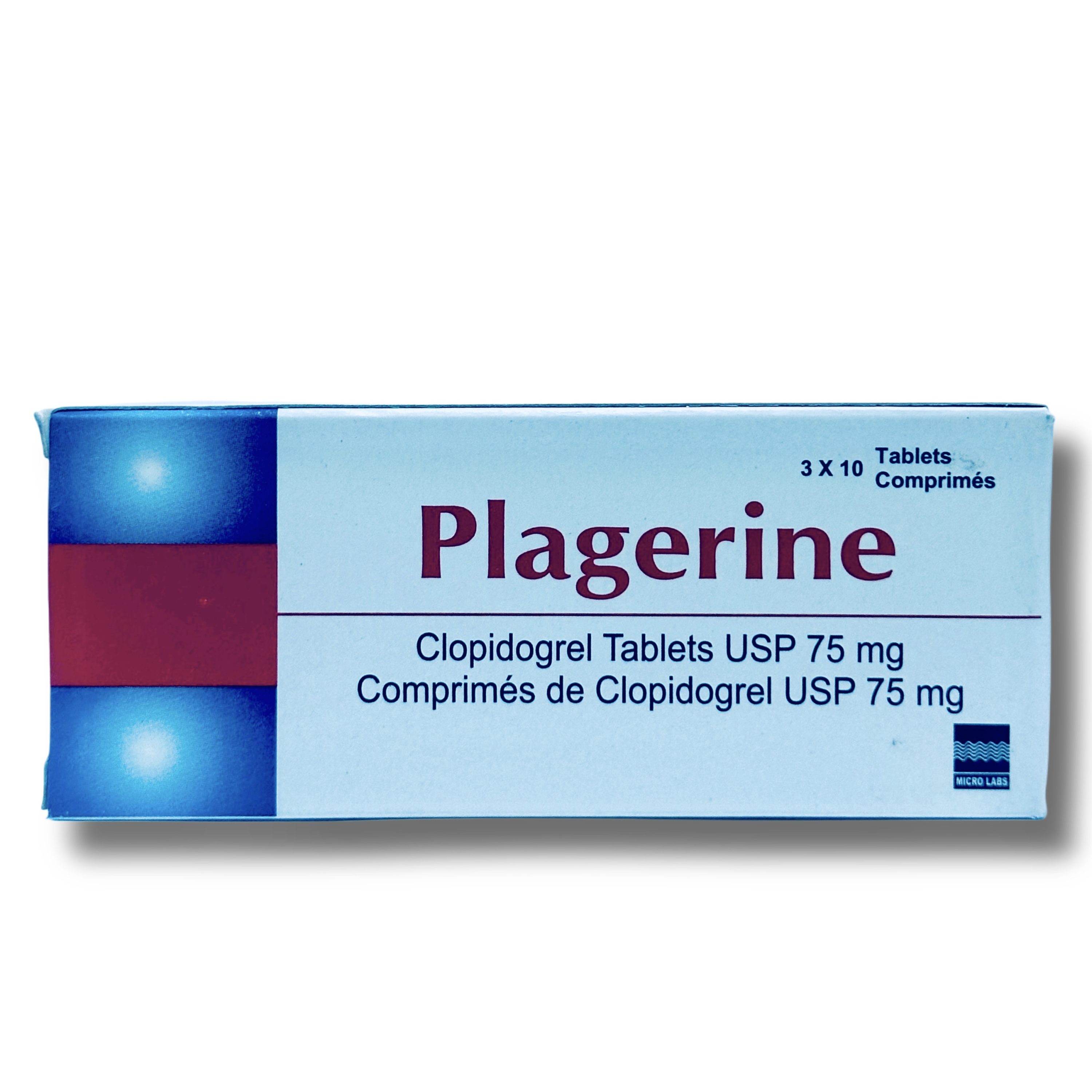
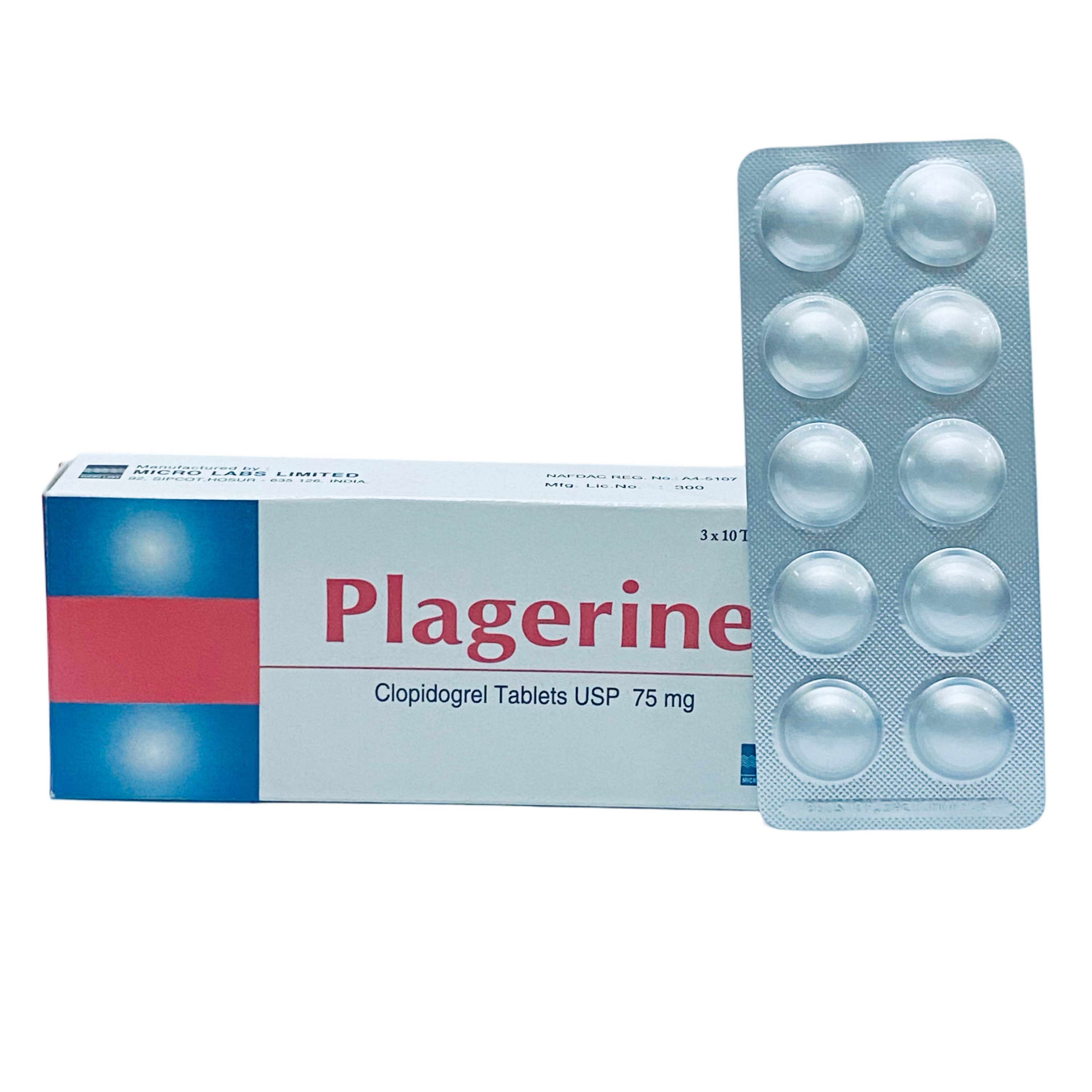
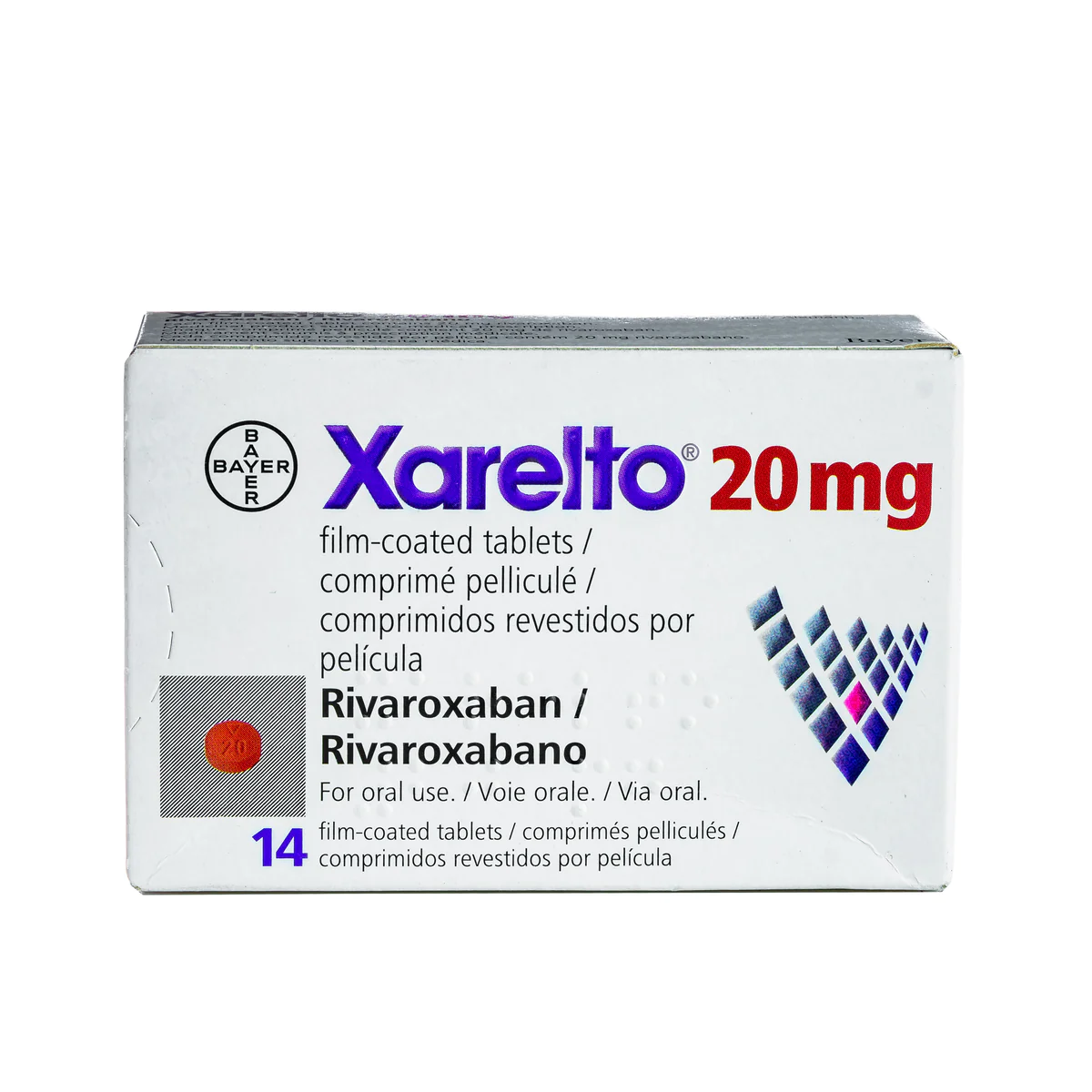
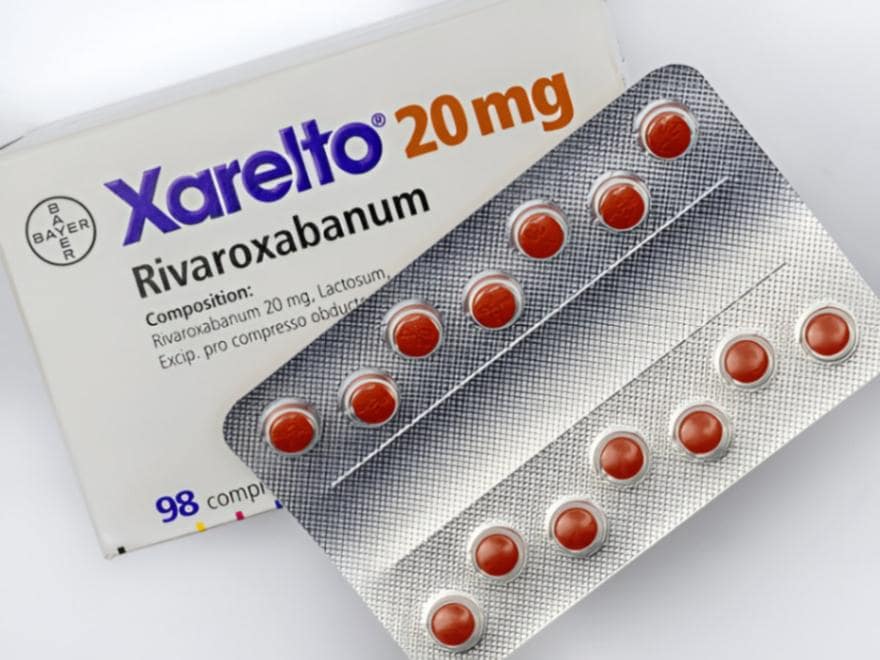
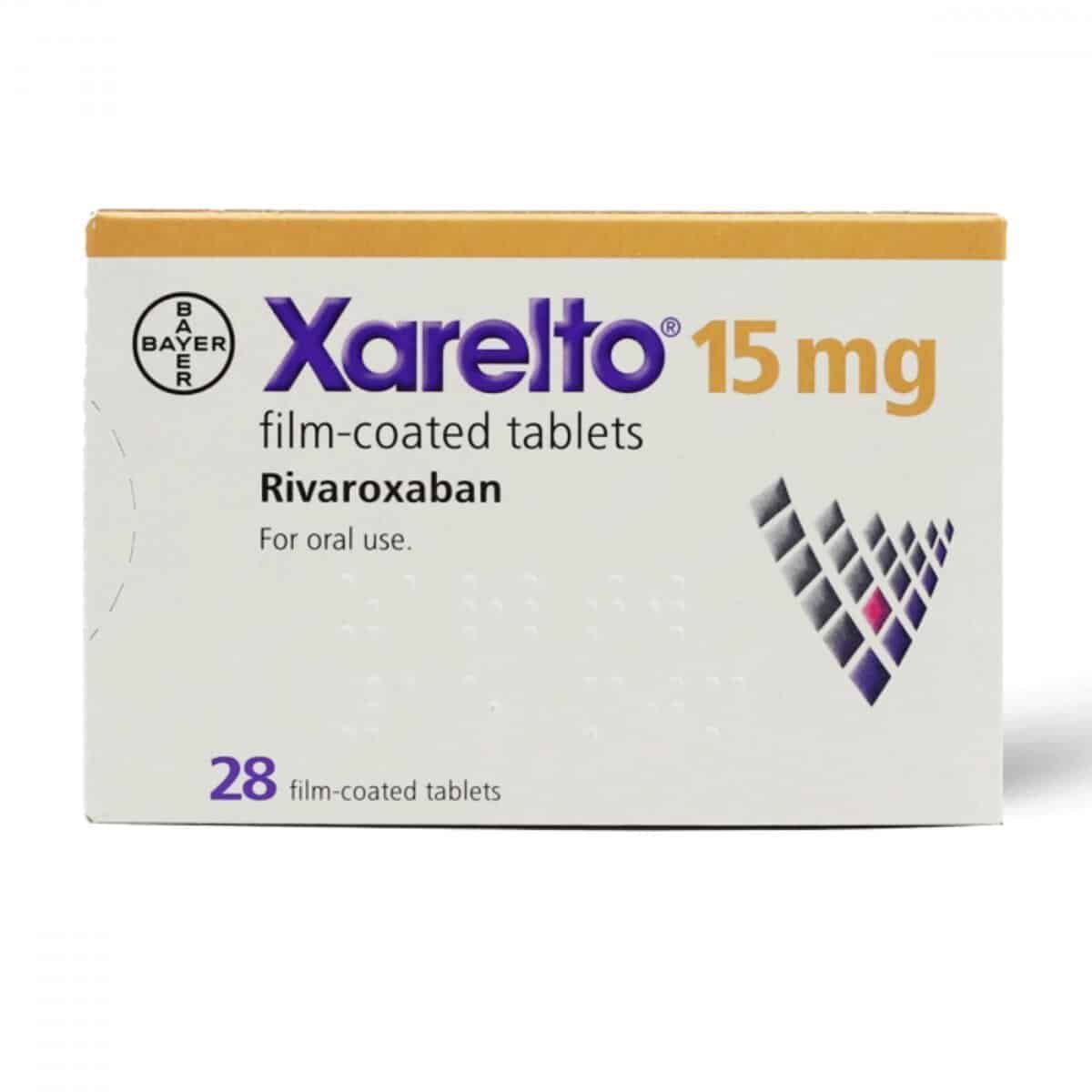

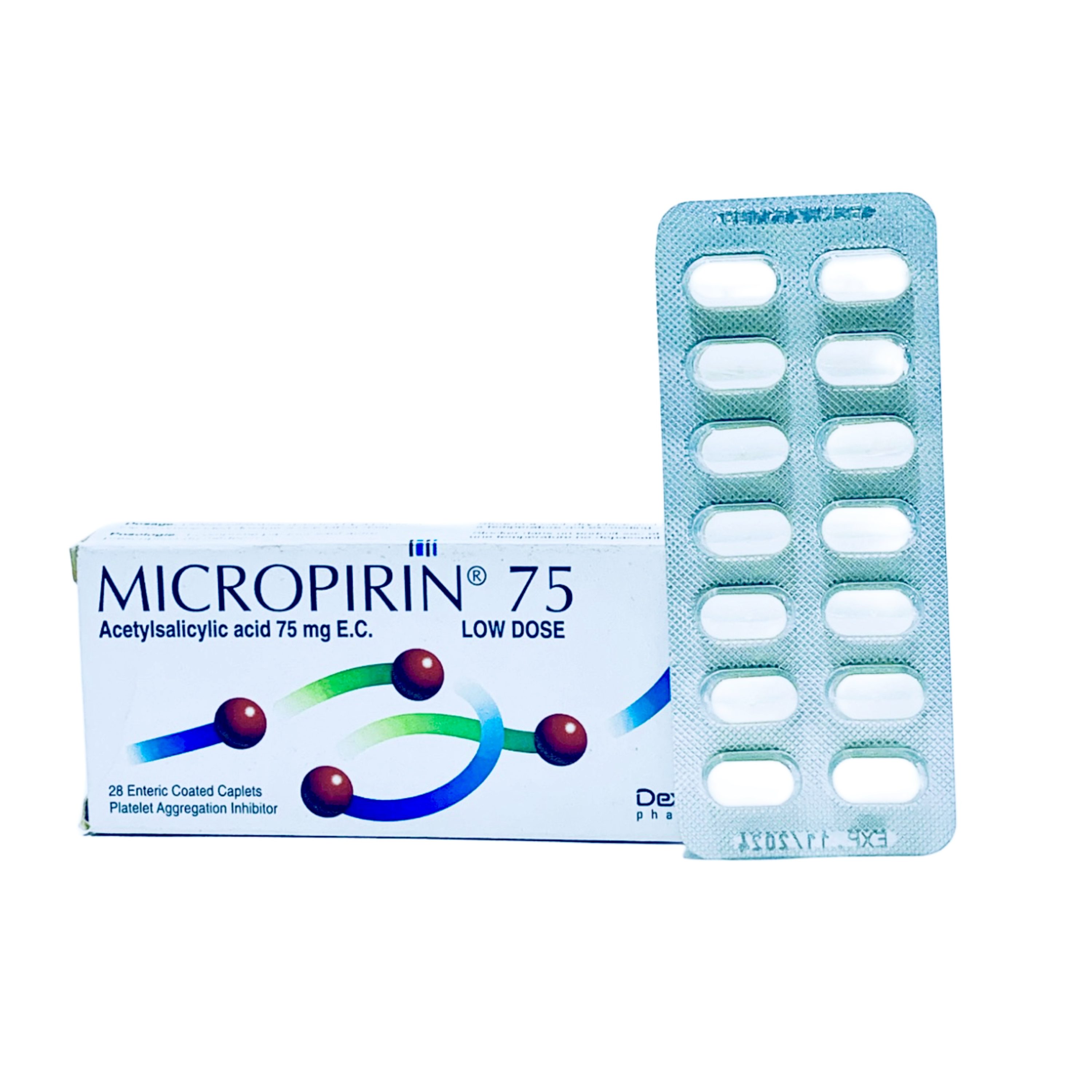
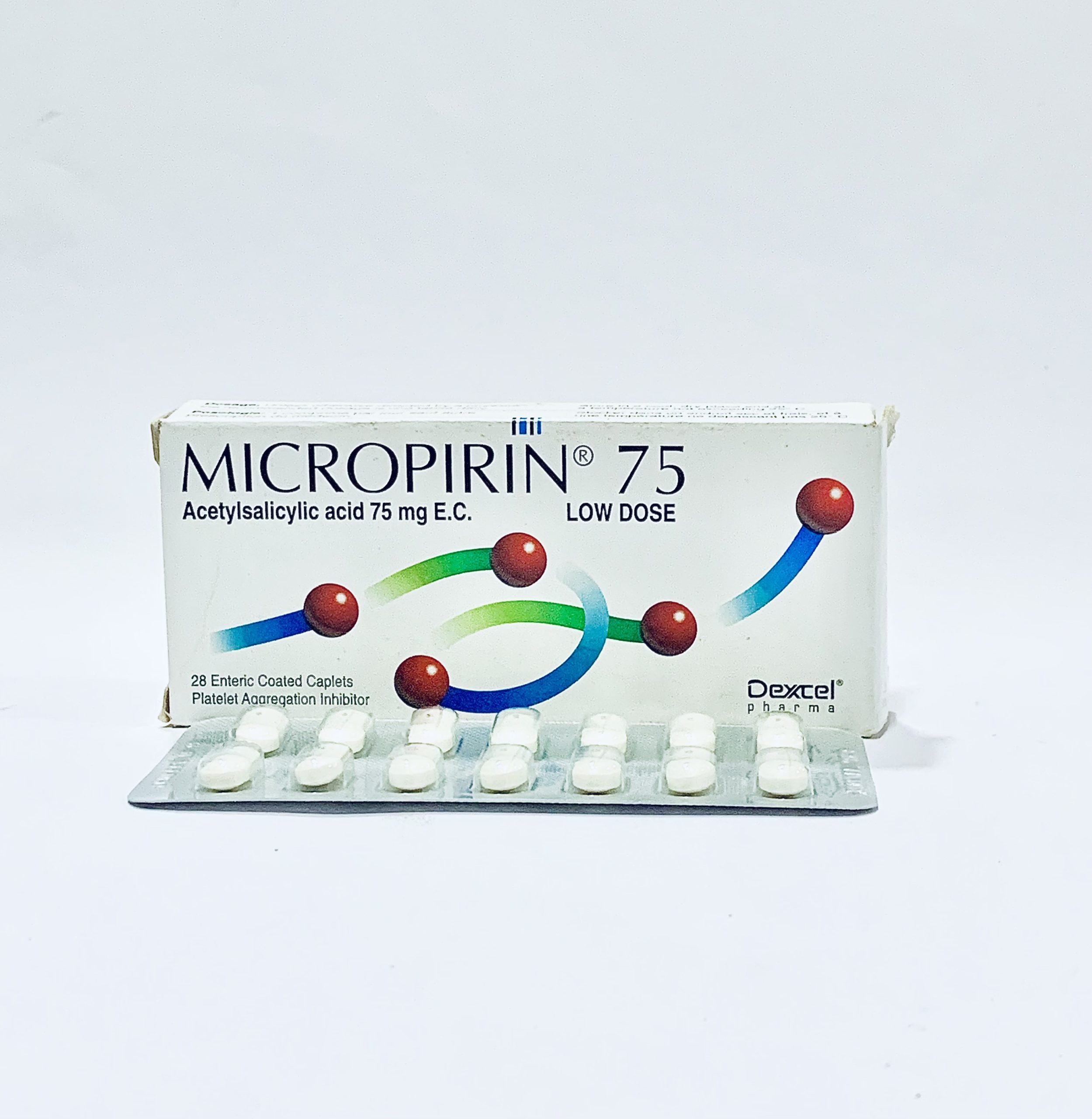
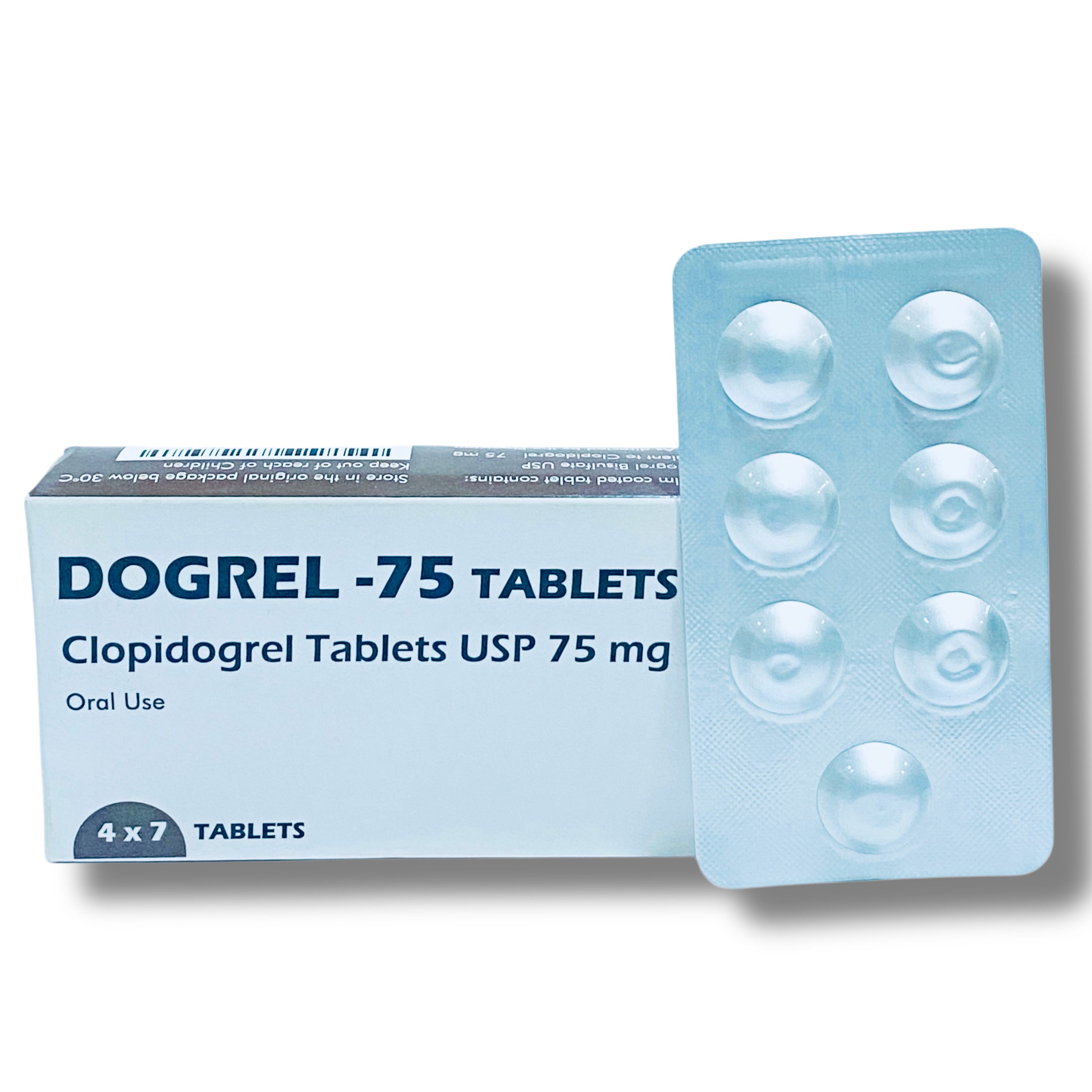
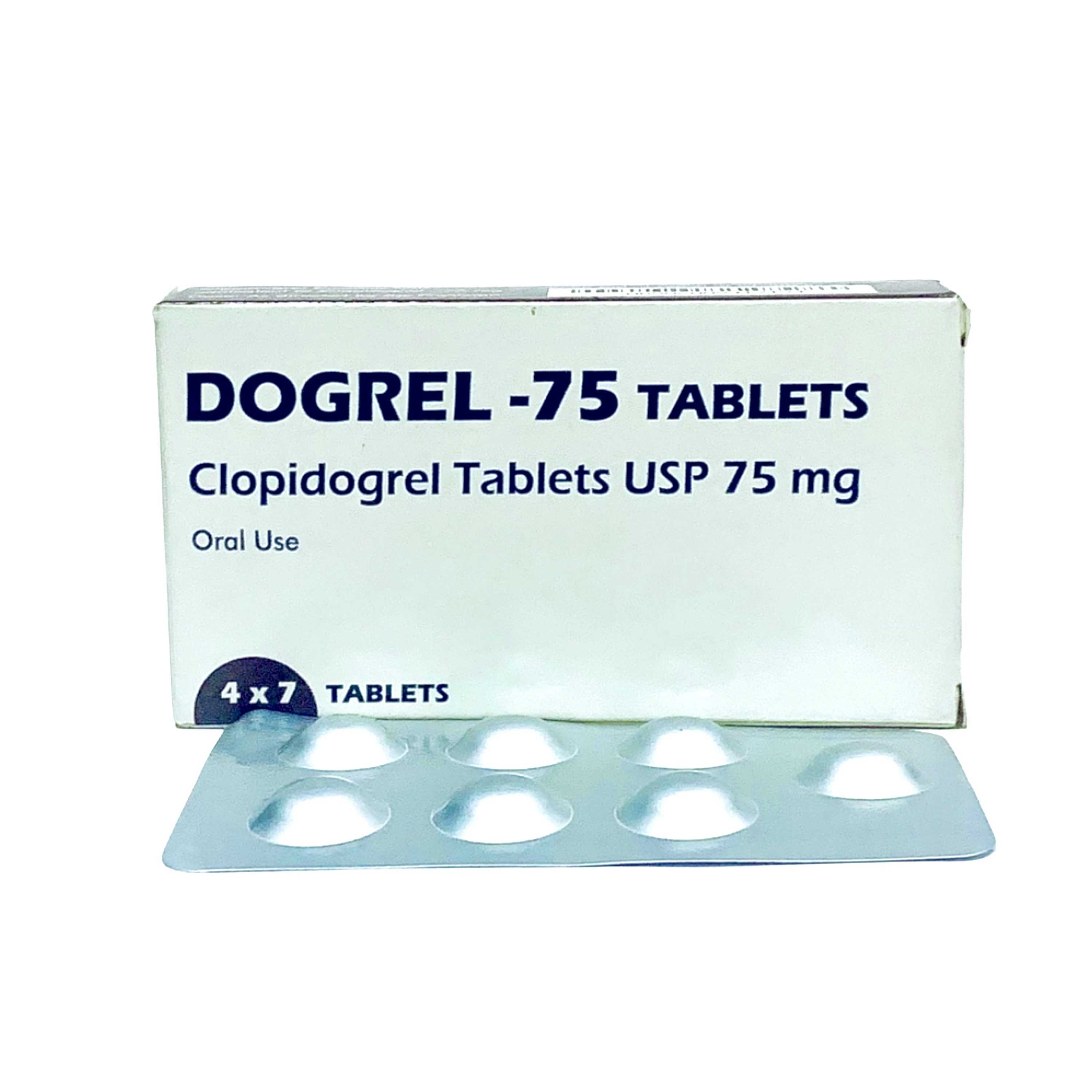
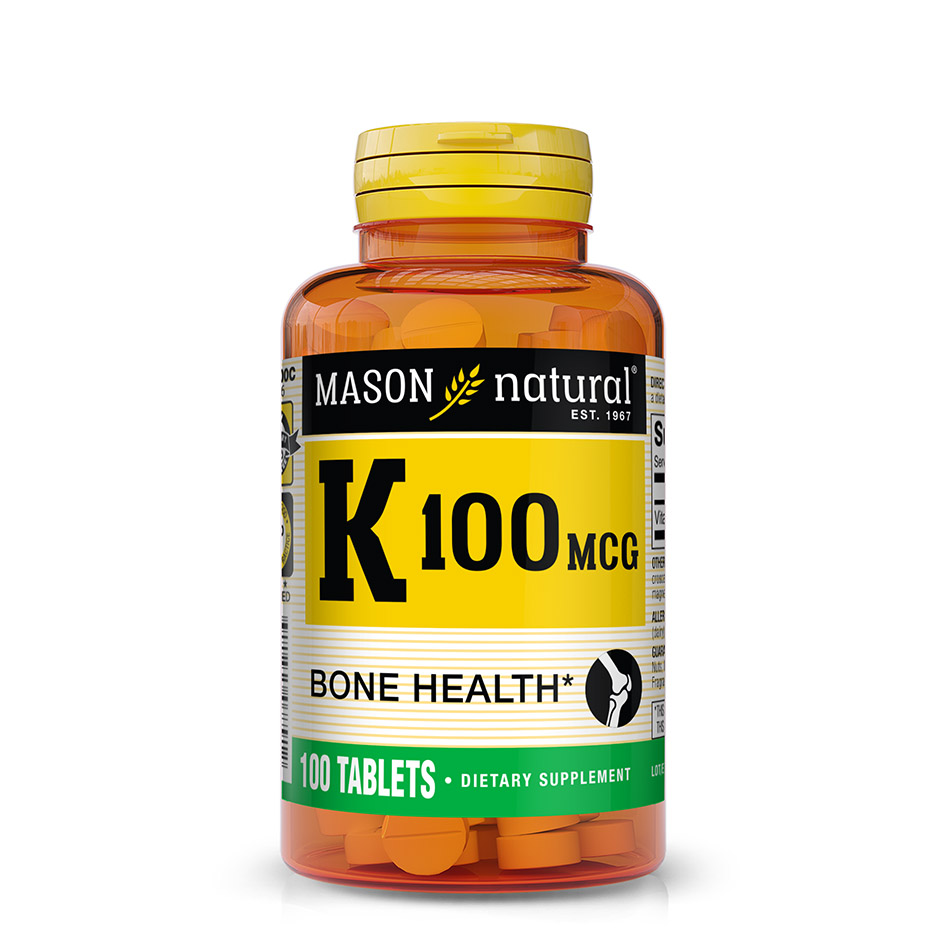
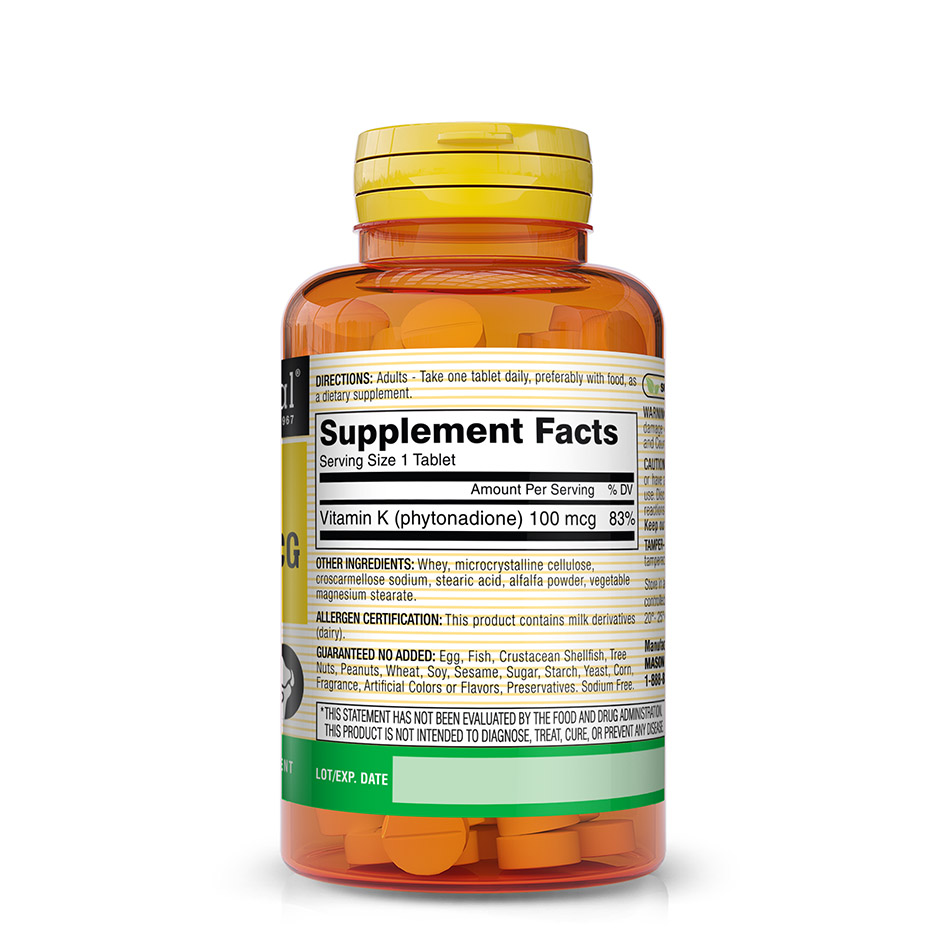

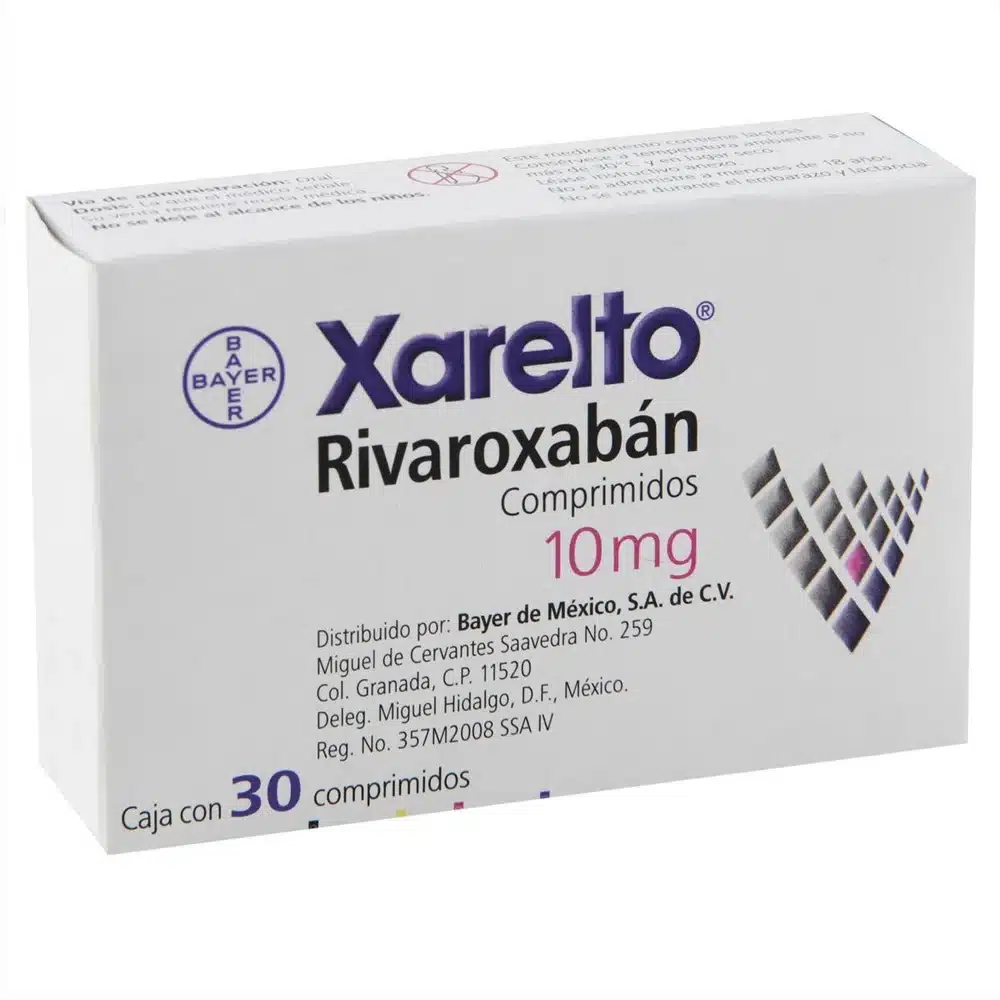
Reviews
There are no reviews yet.